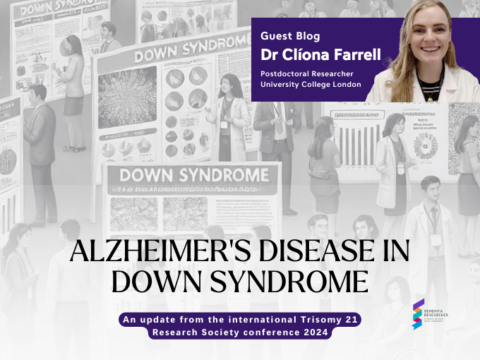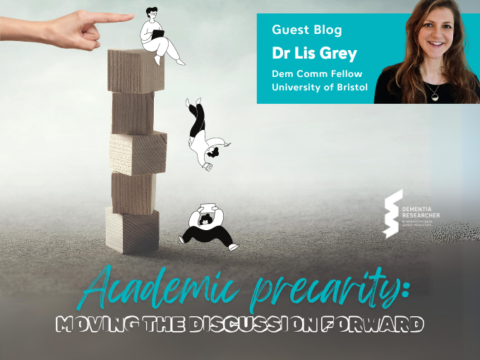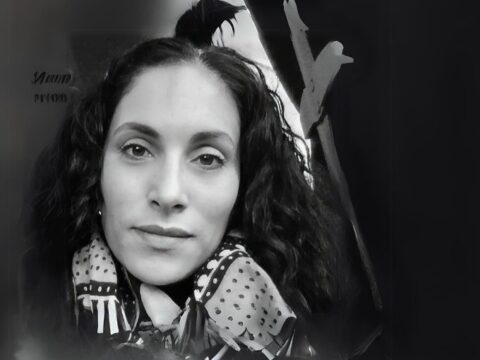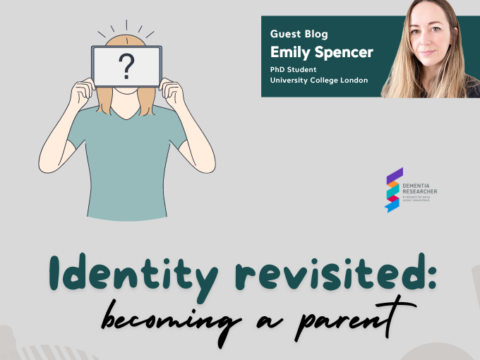So, the big news is: I was successful in my NIHR Advanced Fellowship application. Looking back, it’s been a long old road. I started my application in January 2021 and it’s finally official- signed and sealed. In this blog I wanted to give an overview of actual timelines, of key milestones and some tips and hints in case you are considering embarking on the same journey.
I knew, when I finished my NIHR funded PhD that I wanted to continue applying for funding via the NIHR fellowship route. As I came up to the finish, I also knew that I didn’t have the time to prepare a full advanced fellowship application. Instead, I went for the bridging funding instead. This one-year award bought me both protected time to invest in the application and allowed me to finish some key components of my PhD work (primarily some extended data collection and publications). This provided (and perhaps most importantly) protected ring fenced time to invest in writing the application as well as thinking time to formulate my ideas with my mentors. I want to continue the work I started during my PhD, but I needed to work out exactly how. My thesis helped of course, but the operational components needed more thought than I had anticipated. I would say I spent a good deal of time, perhaps a day a week over 6 months planning the application itself. Once submitted in July 2021 I had some respite before I had to prepare for the interview. I then found out in December that I had been offered an interview. This then occupied almost every minute of my waking day for a bit over a month (over Christmas too) before my interview toward the end of January 2022. Finally (I thought) I was told the outcome in March 2022 – I had been successful!
But being told you have been successfully awarded a fellowship or grant for that matter is never the start of doing the work. I would estimate I spent hours and days negotiating the paperwork related to the award- both before and after I had started my fellowship on 1st July 2022. And it wasn’t till mid-August that all the contracts between the various powers that be (NIHR and UCL) were finally signed and I could go public. Part of those negotiations included changes of dates, timelines and intellectual property. The latter being the trickiest for me to really get my head around – the legal terminology and even the concept of IP are strange for an NHS girl like me!
I must confess that I didn’t put all my eggs in one (NIHR fellowship) basket, that seemed risky. So over the last 18 months I have applied for several other things; an ESRC fellowship application which was declined without interview, and an NIHR HSDR grant that didn’t transition beyond stage 1. I was a co-app on an unsuccessful Alzheimer’s Society grant and led a small application for an unsuccessful travel grant. So much of my time was also spent on applications, most often without success. I did secure a very modest ARUK UCL and a small UCL Grand Challenge award on route. But I think it is important to acknowledge this clinical-academic funding journey is no more it plain sailing than the purely academic route. In fact during this time I have had to apply for four charitable grants to keep my small NHS speech and language therapy service afloat.
I had anticipated that once secured, I would be able to bask in the glow of my fellowship. I would lounge around and slowly consider my research study before I commenced work on it. In reality I’m getting anxious that I can’t remember exactly everything on my gannt chart. I check it on a weekly basis worrying I am falling behind. Equally I am trying to maintain momentum and apply for more grants – I can on my laurels! But I am no longer anxious about whether I’ll get paid. I know also that I will settle into the work. I’ll start doing actual work – rather than just setting things up- and planning them and I’ll be away! (For 5 years anyway!)
I am hoping this summary gives you a flavour- but here are some specific tips:
- Make time: applying for a fellowship is like a job. You need to work at it. It takes time and you need to find time. Wherever you can.
- Think about it: Applying for a fellowship doesn’t just take time, it also takes thought. You need to plan your ideas, refine your ‘story’ and practice your sales pitch.
- Find a team: Thinking on your own is hard but thinking with others is helpful. Find your team early and do it with them.
- Don’t put all your eggs in one basket: Apply for lots of things- big and small
- Don’t waste time envying others: Focus on your own journey, it is no easier in other industries
- Do make sure you do all the paperwork: there is always so much paperwork
- Finally: Find time to enjoy it and appreciate it
Author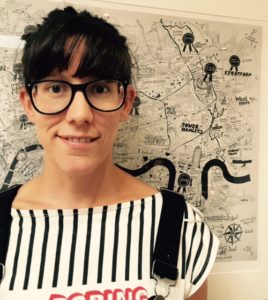
Dr Anna Volkmer is a Speech and Language Therapist and researcher in Language and Cognition, Department of Psychology and Language Sciences, University College London. Anna is researching Speech and language therapy interventions in language led dementia and was once voted scariest speech and language therapist (even her children agree).

 Print This Post
Print This Post